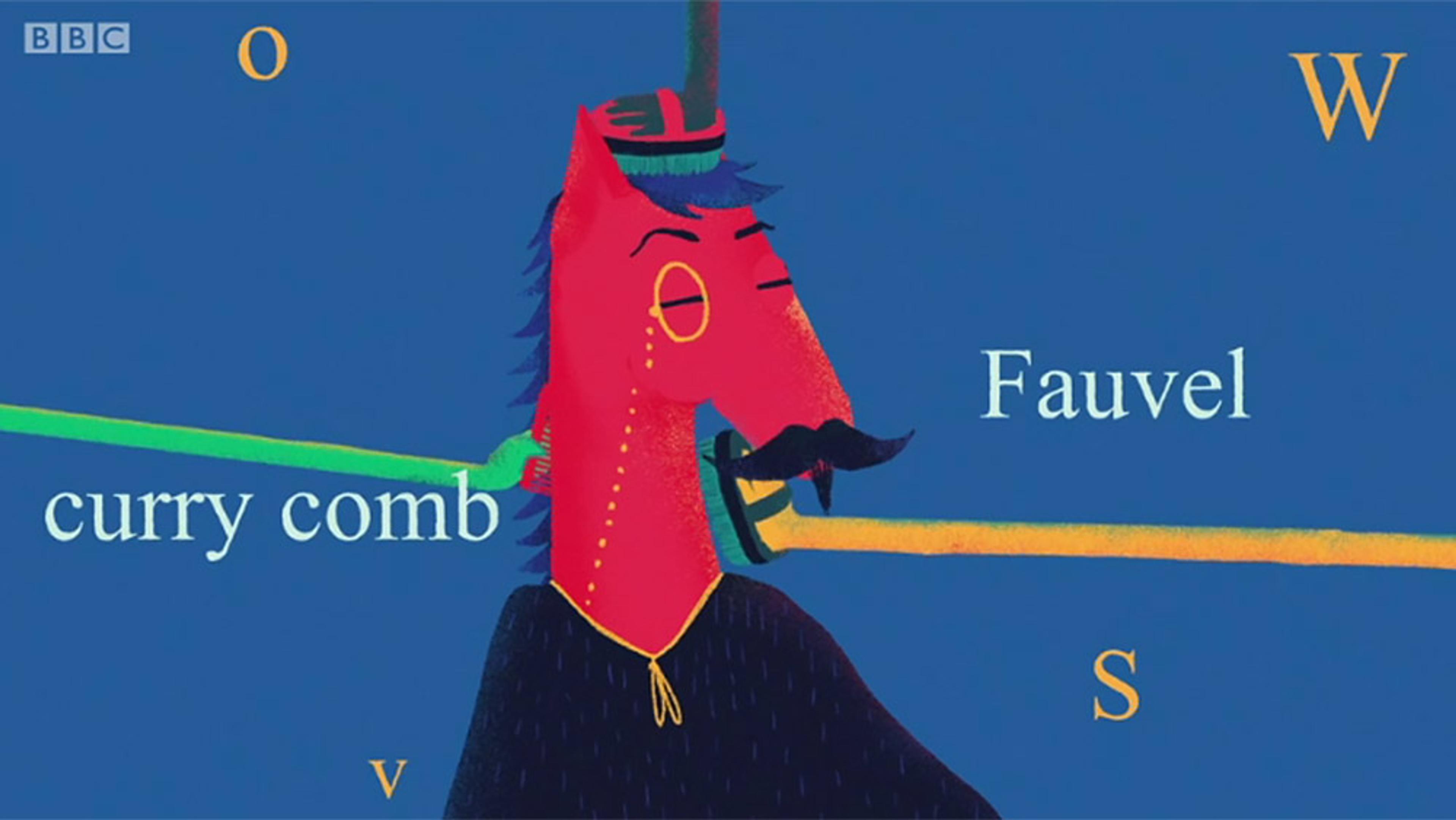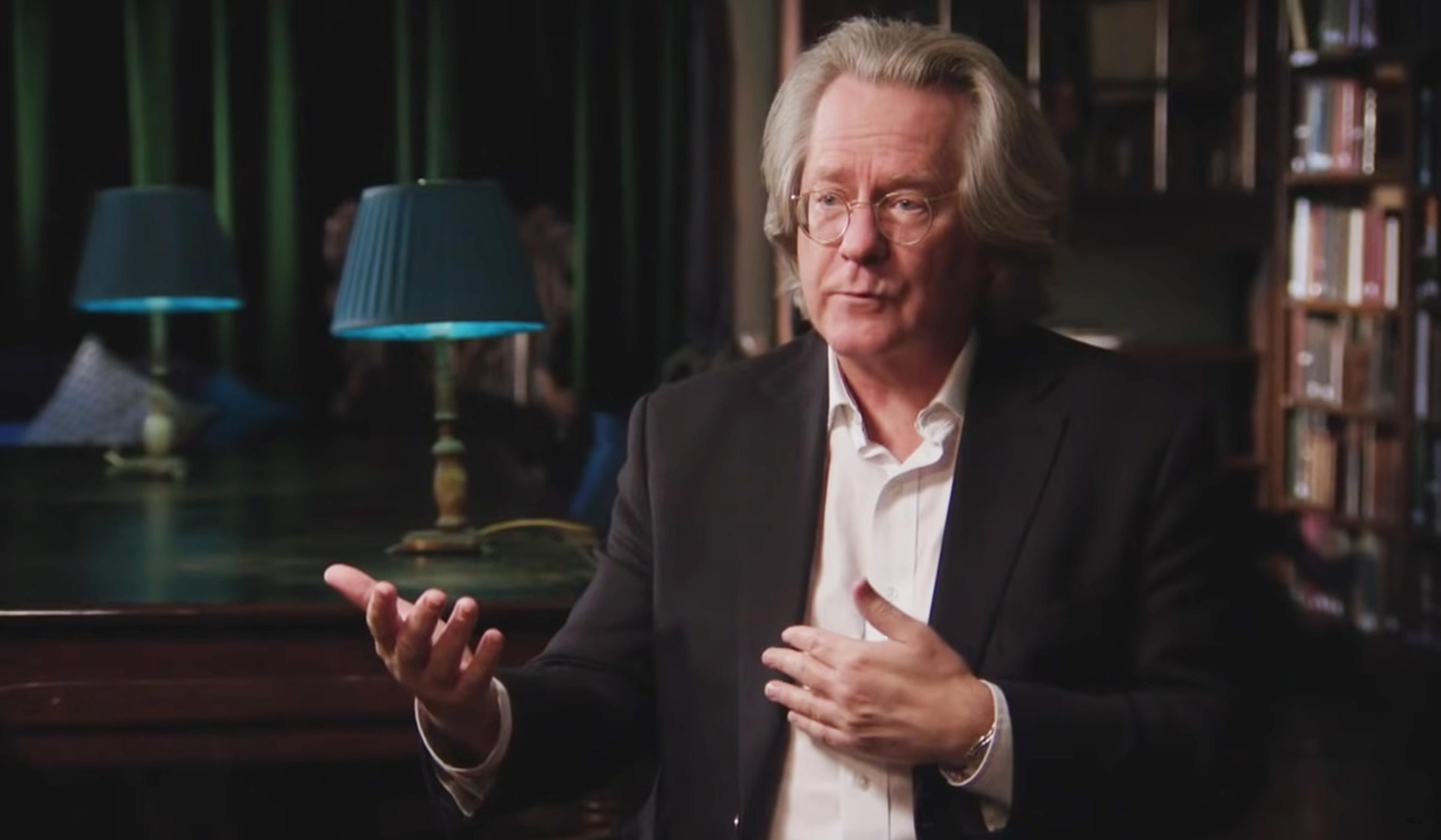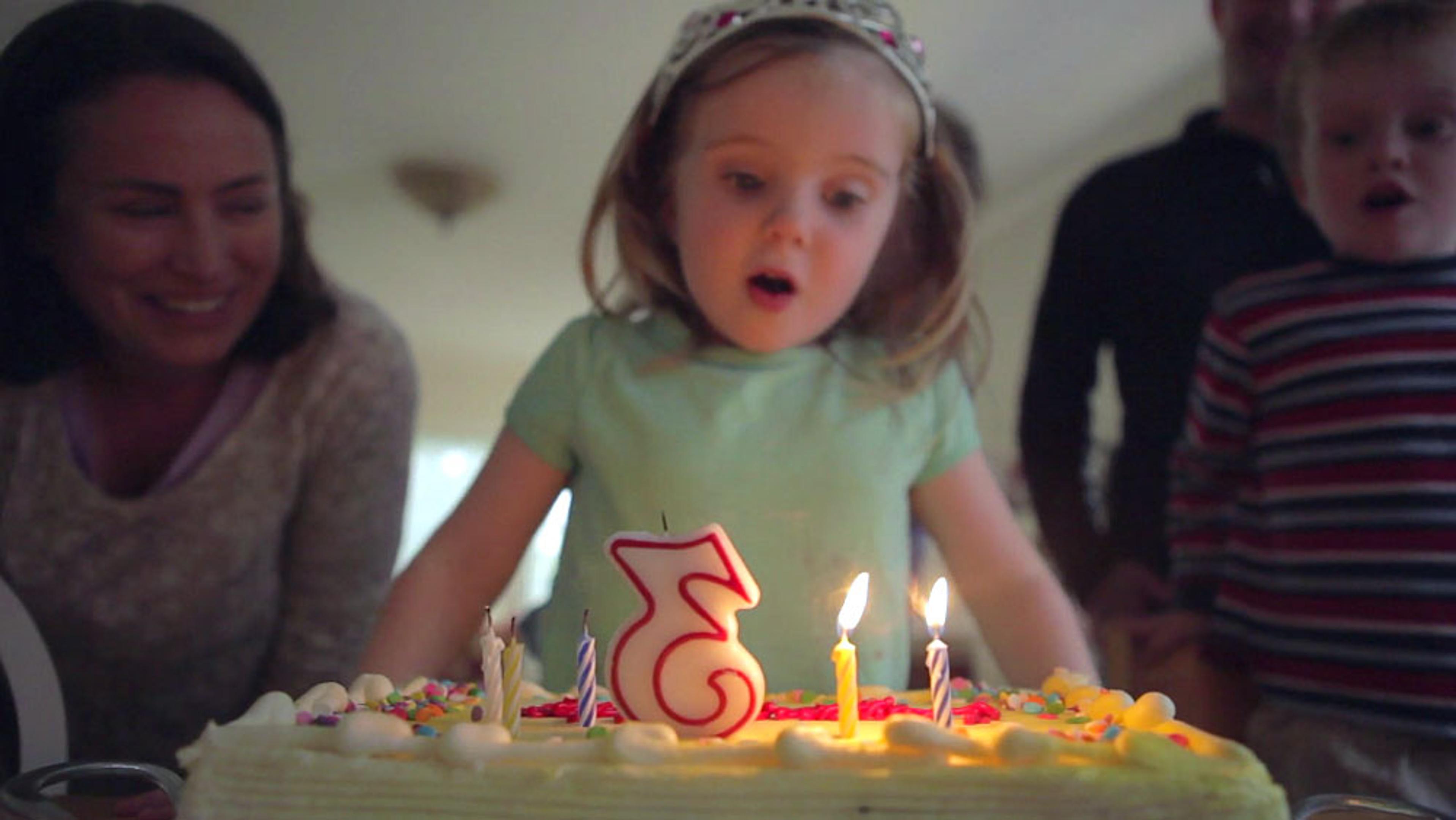If you’ve ever listened to a recording of yourself speaking, the frequency with which you used fillers such as ‘um’, ‘uh’, ‘like’ and ‘y’know’ might have grabbed your attention – and perhaps your scorn. Indeed, these verbal hesitations have been viewed as undesirable since the days of ancient Greece and, more recently, the American linguist Noam Chomsky characterised them as ‘errors’ irrelevant to language. But could there be more to these utterances than initially meets the ear? In this short animation from TED-Ed, Lorenzo García-Amaya, assistant professor of Spanish at the University of Michigan, reveals how ‘filled pauses’ can give conversation partners important context clues, communicate emphasis, help tether related thoughts together, and so much more.
Ums, likes and y’knows get no respect – but they’re vital to conversation

videoLanguage and linguistics
To all intensive purposes, you might have another think coming about how idioms work
4 minutes

videoSocial psychology
‘My God! Where’s the human voice?’ A charming reflection on our pre-recorded world
3 minutes

videoHuman evolution
Do higher-pitched voices put women at a disadvantage?
5 minutes

videoInformation and communication
AI isn’t merely bad at writing. It does not and cannot write
40 minutes

videoCognition and intelligence
There’s a lot more to conversation than words. What really happens when we talk
6 minutes

videoMetaphysics
Is the question ‘Why is there something instead of nothing?’ even worth asking?
9 minutes

videoLanguage and linguistics
Why lip-reading is like ‘putting together a puzzle without all the pieces’
4 minutes

videoEthics
Plato saw little value in privacy. How do his ideas hold up in the information age?
5 minutes

videoBiology
Pain, relief, pleasure, and despair: what do we convey with our breath?
3 minutes